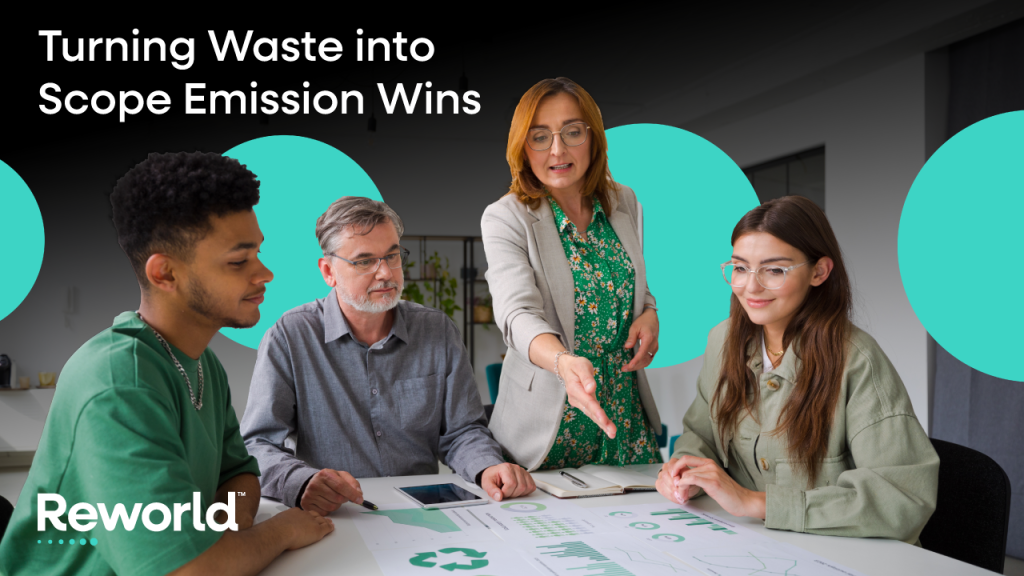Apple loses court case over ‘CO2 neutral’ watch claim
The ruling by a German court puts such "neutrality" claims in jeopardy across many companies and sectors. Read More

- The offsets Apple used to make its carbon-neutral claim can’t be relied upon to store carbon until 2050, as most consumers would assume, the judge found.
- A second case against Apple’s carbon-neutral claims is in progress in the U.S.
- Debates over carbon-neutral language should not distract from Apple’s leadership position on climate action, one environmental group told Trellis.
Ads that describe the Apple Watch as “CO2 neutral” are misleading and violate competition law, a German court has ruled. The decision comes as Apple is battling a class-action suit in the U.S. on a similar issue.
The company has said it will phase out use of the language ahead of incoming European rules on such claims.
The ruling, issued Tuesday by a Frankfurt court that handles commercial cases, centers on offsets that Apple purchased from a forestry project in Paraguay to make its CO2-neutral claim.
Consumer perceptions of such claims, the judge found, are shaped by the Paris Agreement goal of limiting global temperature increases to no more 1.5 degrees Celsius by mid-century. “Consumers would therefore assume that the advertised Apple Watch would ensure CO2 compensation until around 2050,” the court noted in a statement on its decision.
But the offsets purchased by Apple are for eucalyptus plantations on land leased only until 2029. “Therefore, carbon offsetting was only guaranteed until 2029,” according to the court statement. “Apple was unable to prove that all leases would be extended. There is no secure prospect for the continuation of the forestry project.”
Buffer pools not enough
To address the lease issue, Apple had pointed toward the “buffer” carbon credit account required by Verra, the standard-setter that established the methodology followed by the forestry project. Project developers often place a fraction of the credits they generate in buffer accounts, which act as insurance should stored carbon be released back to the atmosphere by fire or other causes. But the court found that if the leases are not extended, the buffer alone could not ensure the “continued existence” of the forest.
“With our climate lawsuits against greenwashing by industrial and commercial companies, we are ensuring that even multi-billion dollar corporations like Apple must provide consumers with honest and comprehensible information about the actual environmental impacts of their products,” said Jürgen Resch, federal director of Environmental Action Germany, the group that brought the case, in a statement.
In the U.S., Apple was sued in February by consumers who said they paid a premium for the carbon neutrality claim associated with the Apple Watch. The offsets at the heart of the U.S. case came from forestry projects in China and Kenya that the consumers’ lawyers described as worthless because they “fail to provide genuine, additional carbon reductions.” The next hearing in the case is scheduled for November.
Apple is already phasing out carbon-neutral claims on its products ahead of stricter European Union rules around the use of such language that will come into force in September 2026.
“Importantly, the court has broadly upheld our rigorous approach to carbon neutrality,” an Apple spokesperson said. “We remain laser-focused on further reducing emissions by industry-leading innovation in clean energy, low-carbon design and more — work that has put us on track to achieve carbon neutrality throughout our entire supply chain by 2030.”
Leadership position
Apple has been supported in the U.S. lawsuit by the Environmental Defense Fund, which filed an amicus brief in May describing the company’s practices as “eminently reasonable and consistent with industry practice.”
“What I don’t want to be lost in all the news around the carbon-neutral claim is Apple’s approach to decarbonization, where they work to reduce emissions in their operations as much as they can, engage with their supply chain to do the same and then invest in high quality, verified carbon credits to support nature globally,” said Elizabeth Sturcken, EDF’s vice president of net-zero ambition and action. “That approach is a leadership approach and one that we want every company to take.”
















